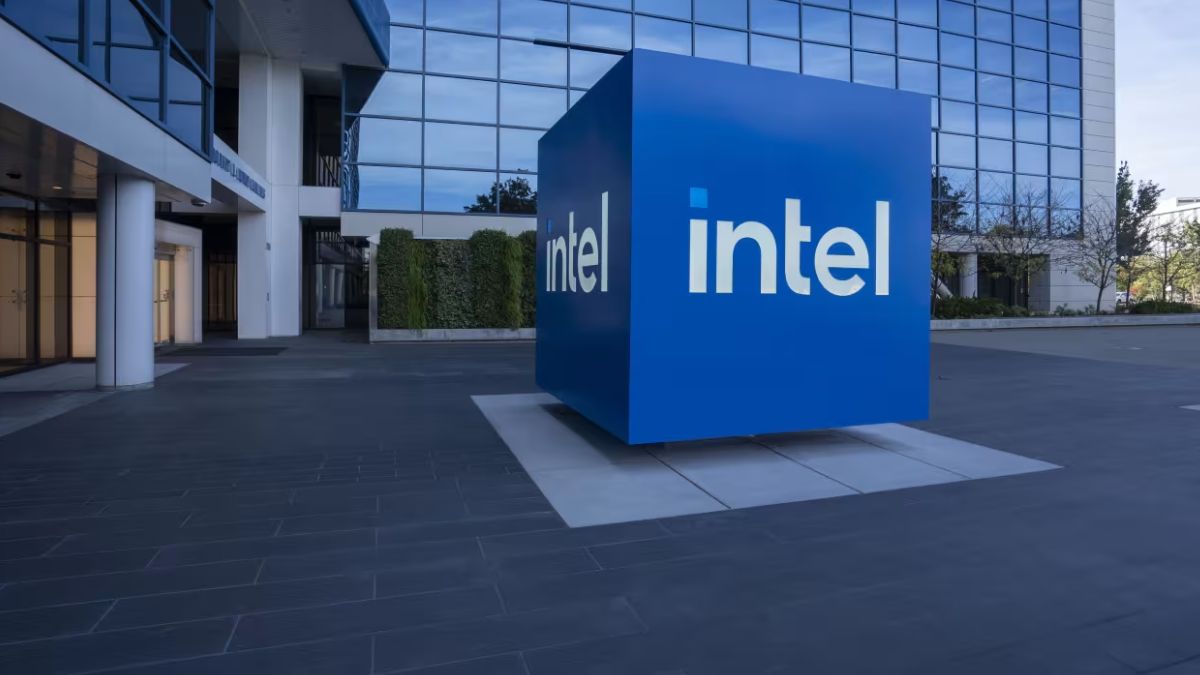Intel is facing a financial crisis, arguably the worst in its 56-year history. The company has been forced to take emergency steps, including selling assets and halting major projects, in a bid to stabilize its situation. While Intel had hoped for quick relief under the CHIPS Act, the Biden administration has so far been reluctant to provide additional funds, citing the company’s failure to meet certain expectations.
In a recent meeting, Intel’s CEO, Pat Gelsinger, directly appealed to US Commerce Secretary Gina Raimondo to intervene. Gelsinger expressed frustration over the lack of government support, especially as US tech companies like Apple and NVIDIA increasingly turn to Taiwan Semiconductor Manufacturing Company (TSMC) for their chip production needs, rather than Intel Foundry Services (IFS). Gelsinger suggested that the government should steer US firms back towards Intel, emphasizing the risks posed by TSMC’s geopolitical location in Taiwan, given ongoing tensions with China.
In response, Raimondo acknowledged the importance of Intel in maintaining the global semiconductor supply chain. She highlighted the risks of overreliance on TSMC, noting that if the China-Taiwan conflict escalates, companies’ dependent on TSMC could face significant disruptions. Raimondo has been in discussions with investors, underscoring Intel’s strategic value for long-term stability in the semiconductor industry.
Despite this, Intel’s hopes for immediate financial assistance under the CHIPS Act are uncertain. While the company is expected to receive $8.5 billion in grants and $11 billion in loans, the funds will not be disbursed until Intel meets specific expectations set by the administration.
In the meantime, Intel has been forced to explore drastic measures, including selling parts of its foundry division and halting construction on its $30 billion German facility. The company is working closely with financial advisors, and decisive actions are anticipated during the upcoming shareholders’ meeting.


